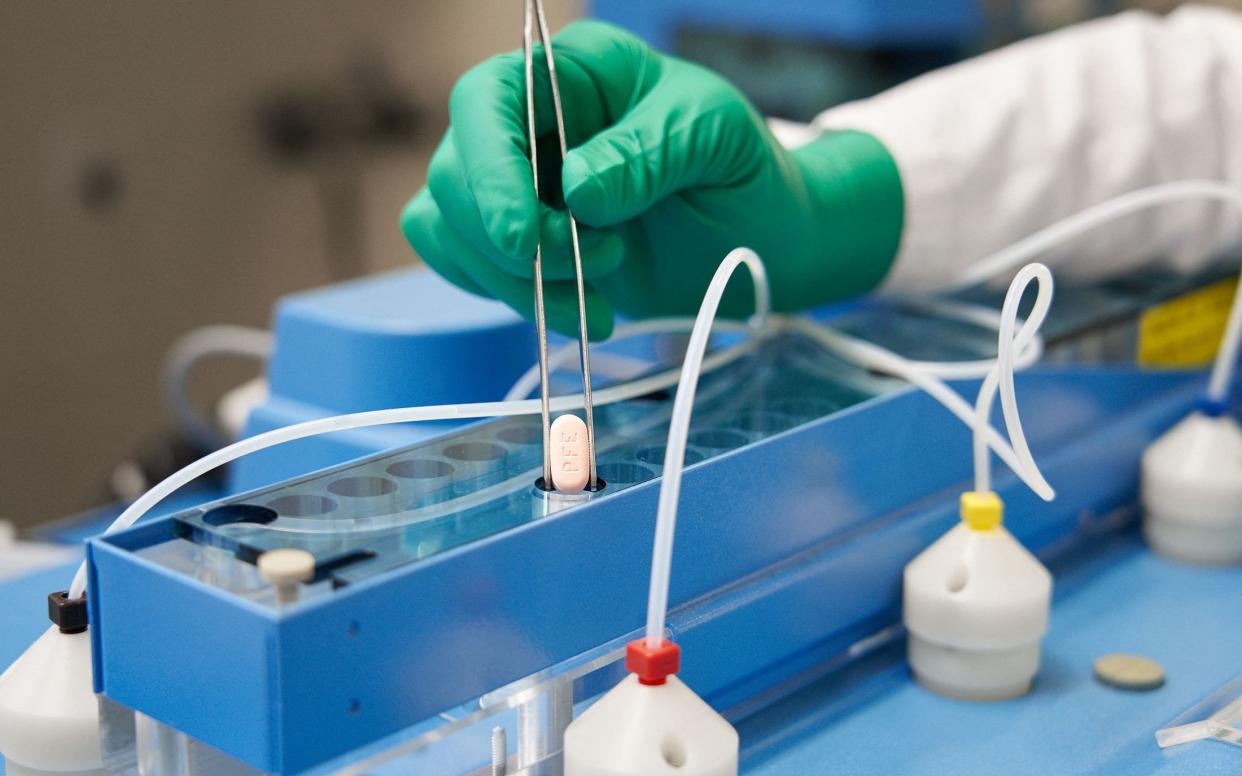Covid ‘wonder pill’ that dramatically cuts death risk to be ready in weeks

A Covid-19 antiviral drug will be delivered to the homes of those most at risk of coronavirus within weeks, the Government has announced.
The UK’s second antiviral pill, PF-07321332+ritonavir, also known as Paxlovid, will be made available to thousands of people from February 10.
Clinical studies have suggested the drug, which is made by Pfizer, can cut the risk of hospital admission or death by 88 per cent if given in the first five days of symptoms.
The drug was approved by the medicines regulator last month for adults who could be vulnerable to coronavirus due to age, weight or prior chronic illness.
One other antiviral, molnupiravir, and sotrovimab, the monoclonal antibody, are already being given to high-risk patients, with nearly 10,000 people treated to date.
'An important milestone' in Covid fight
People in the highest risk groups have already been informed by the NHS if they have a condition that will make them eligible to receive the treatments.
Eligible patients who receive a positive test will be assessed by a doctor from an NHS Covid Medicines Delivery Unit over the phone, who will discuss the most appropriate treatment for them.
Those who are prescribed Paxlovid will be able to get someone to collect it from one of the units or have it delivered to their home.
Sajid Javid, the Health and Social Care Secretary, said: "Our pharmaceutical defences are crucial as we learn to live with Covid-19 and the UK is leading the way, especially when it comes to the use of cutting-edge antivirals.
"This is an important milestone - especially as Paxlovid has been shown in clinical trials to reduce the risk of hospitalisation or death for vulnerable patients by 88 per cent, meaning potentially thousands of lives could be saved."

 Yahoo News
Yahoo News 
